
Ghana’s tourism and travel industry is braced for a surge in activity should the Black Stars clinch qualification for the 2026 FIFA World Cup — but the scale of any windfall will depend on Sunday’s result and what happens next.
Otto Addo’s side top Group I on 22 points and need only a draw against Comoros in Accra to confirm their place at the expanded tournament in the United States, Canada and Mexico.
That proximity to the finish line has triggered planning across airlines, travel agencies and hospitality operators. Yet industry figures and economists alike warn that bookings, capacity decisions and spending will only follow hard confirmation — and smart follow-through.
Ghana’s emphatic 5–0 win over Central African Republic has put qualification within touching distance, and with it a wave of optimism among firms that sell flights, visas, accommodation and fan experiences. North America’s host status matters: for many Ghanaians and the diaspora, it is easier to reach than Russia, Qatar or Brazil, potentially widening the pool of travelling supporters.
If the Black Stars qualify, agencies expect immediate interest in multi-stop itineraries linking US group matches with visits to family and tourism stays back home.
Airlines serving Accra–North America routes are watching enquiries closely. Extra capacity or additional frequencies are possible in the months before the finals, but carriers typically move only when real bookings accrue. Most will wait for demand signals rather than speculate.
Visa facilitation firms are preparing for heavier traffic regardless, as fans test their chances of securing US, Canadian or Mexican entry — but approval rates, processing times and costs will dictate how many applications translate into journeys.
Government bodies see a broader opportunity beyond travelling fans. The Ghana Tourism Authority and the Ministry of Tourism, Arts and Culture are weighing destination marketing plans that tie the World Cup spotlight to “Visit Ghana” campaigns.
Global broadcasts and coverage of qualified teams create visibility that can be leveraged to pitch the country’s beaches, heritage sites, year-round festivals and hospitality sector — provided there is a coordinated push with airlines, hotels and tour operators.
Ticketing is an early brake on unbridled optimism. FIFA reported more than 1.5 million applications within 24 hours of opening a presale draw, underscoring fierce global demand.
Nations do not receive unlimited ticket blocks, and many fans must navigate ballots and phased sales. For Ghanaian supporters, that means planning around uncertain allocations and staggered windows — another reason why agencies are preparing flexible packages that adapt as inventory becomes available.
Economists caution that the benefits to non-host countries are real but modest compared with the infrastructure and visitor spend seen by hosts.
For qualified nations, the gains typically come from supporter travel, short-term spikes in merchandise and viewing-party spending, and a harder-to-measure brand effect that can lift tourism interest over time.
Converting that goodwill into arrivals requires sustained marketing, easier entry processes and reliable service quality at home.
Hotels, guesthouses and restaurants in Ghana could feel a separate “halo effect” if qualification rekindles interest among diaspora communities. Large Ghanaian populations in the United States and Canada may pair match travel with family visits or follow up later in the year, creating a second wave of inbound demand.
Well-timed fare deals and themed packages could turn national pride into bookings, but operators stress that service standards and value for money must hold up under scrutiny.
At home, businesses that trade on matchday excitement — sports bars, event venues and retailers — anticipate a lift during the tournament window. Previous World Cups have delivered busy nights and short-term hiring booms as cities set up fan zones and viewing parties. Those spikes tend to fade without wider economic momentum, but they can inject welcome cashflow for small firms if managed well.
There are headwinds. Ghana’s economy has wrestled with inflation, currency pressures and fiscal constraints, all of which squeeze disposable income. Even for passionate supporters, the cost of intercontinental travel, accommodation and tickets is substantial.
Airlines face their own risk calculations before adding capacity. And the expanded 48-team format gives Africa nine automatic slots, which could slightly dilute the novelty factor compared with eras when only five African nations qualified — even if the achievement remains significant.
The visa hurdle is another variable. The United States, Canada and Mexico have differing application processes and approval profiles. Processing times can stretch in tournament years; any backlog or high refusal rate would cap outbound numbers, even if the Black Stars qualify early and enthusiasm runs high.
For planners, the message is to prepare but not over-promise. Travel firms report a rise in enquiries about potential packages, yet many customers are waiting for Sunday’s result before placing deposits.
Airlines will monitor load factors over the next several months before finalising schedules. Public agencies are being urged to line up campaigns and partnerships now, so that qualification night can be the launchpad rather than the starting gun.
Intangibles still matter. A World Cup return would lift national mood, put Ghana’s name and flag back into the global conversation and showcase a new generation in front of worldwide audiences. Those reputational gains are difficult to price but can influence investors, tourists and the diaspora long after the final whistle.
All of which places extra weight on Sunday in Accra. One point against Comoros would switch the tourism sector from anticipatory planning to execution: packaging routes, securing blocks of rooms, pushing “travel to watch, travel to home” offers and aligning messaging across government and the private sector. Until then, much of the upside remains theoretical — and hinges on 90 minutes at the Accra Sports Stadium.
If the Black Stars seal the deal, the months ahead will be about converting pride into passengers and headlines into hotel nights. If they stumble, the industry will recalibrate and pivot to other peaks in the sporting calendar. For now, Ghana sits on the brink — and so does the sector that hopes to ride the wave.
Send your news stories to [email protected] and via WhatsApp on +233 546310076.
Read Full Story


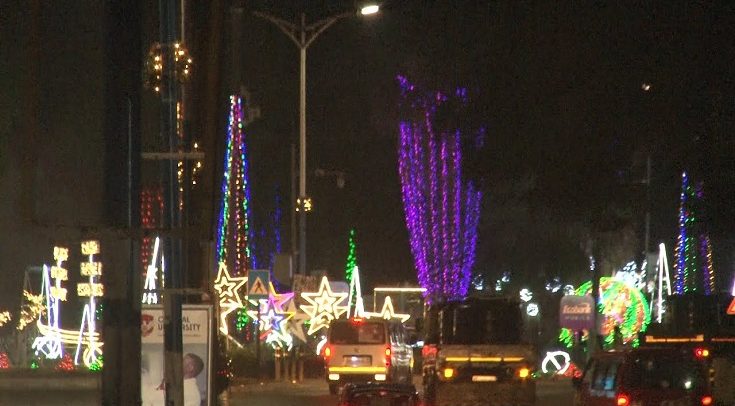
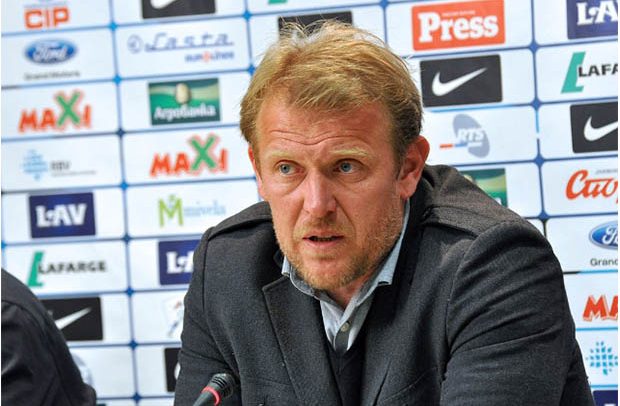

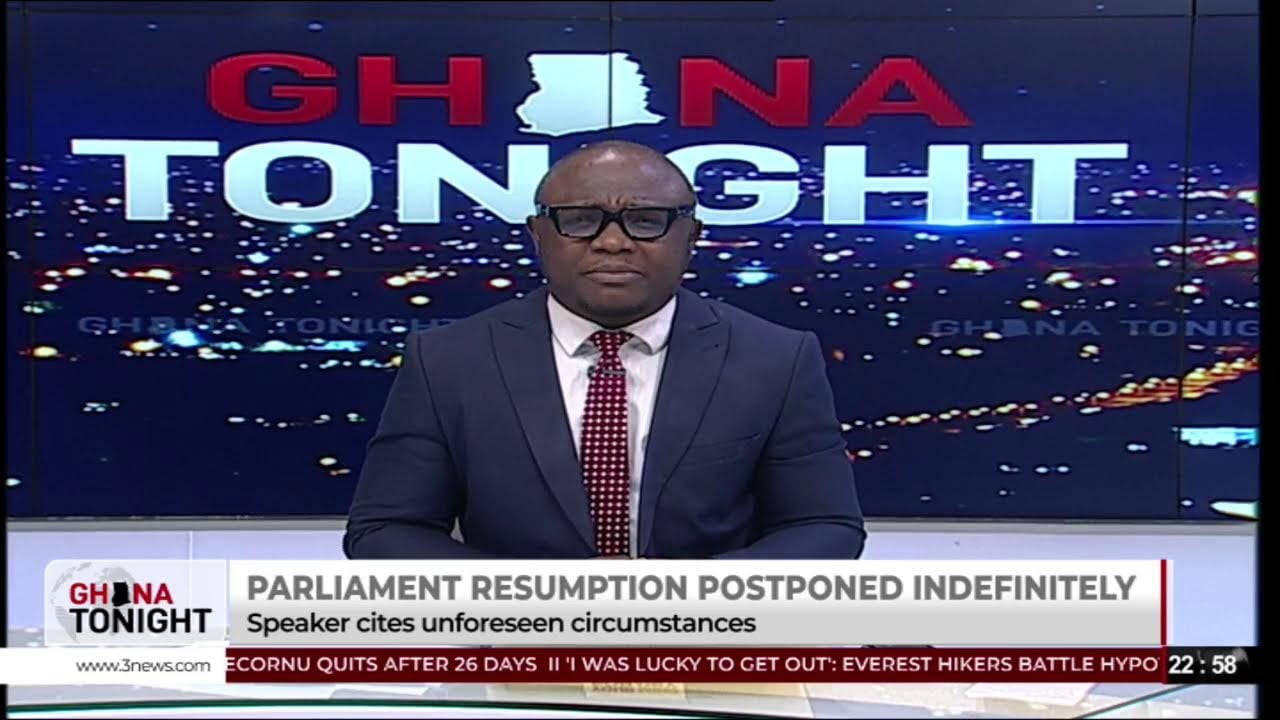


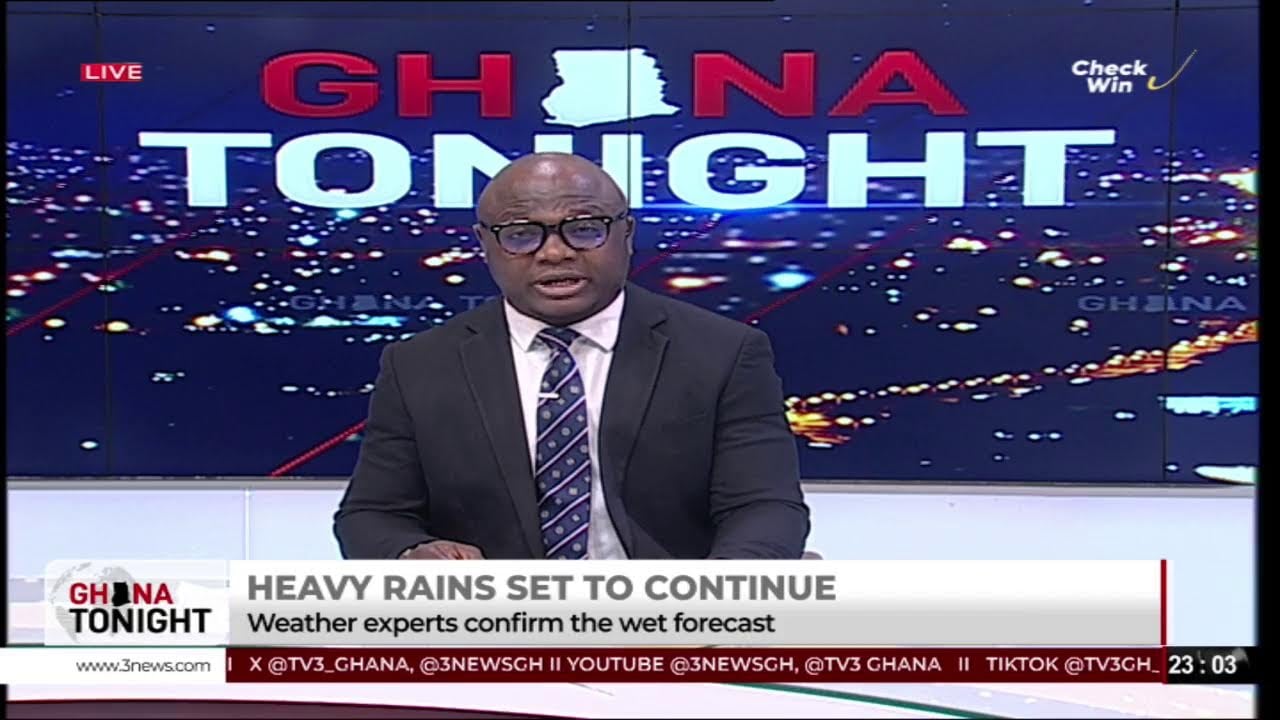
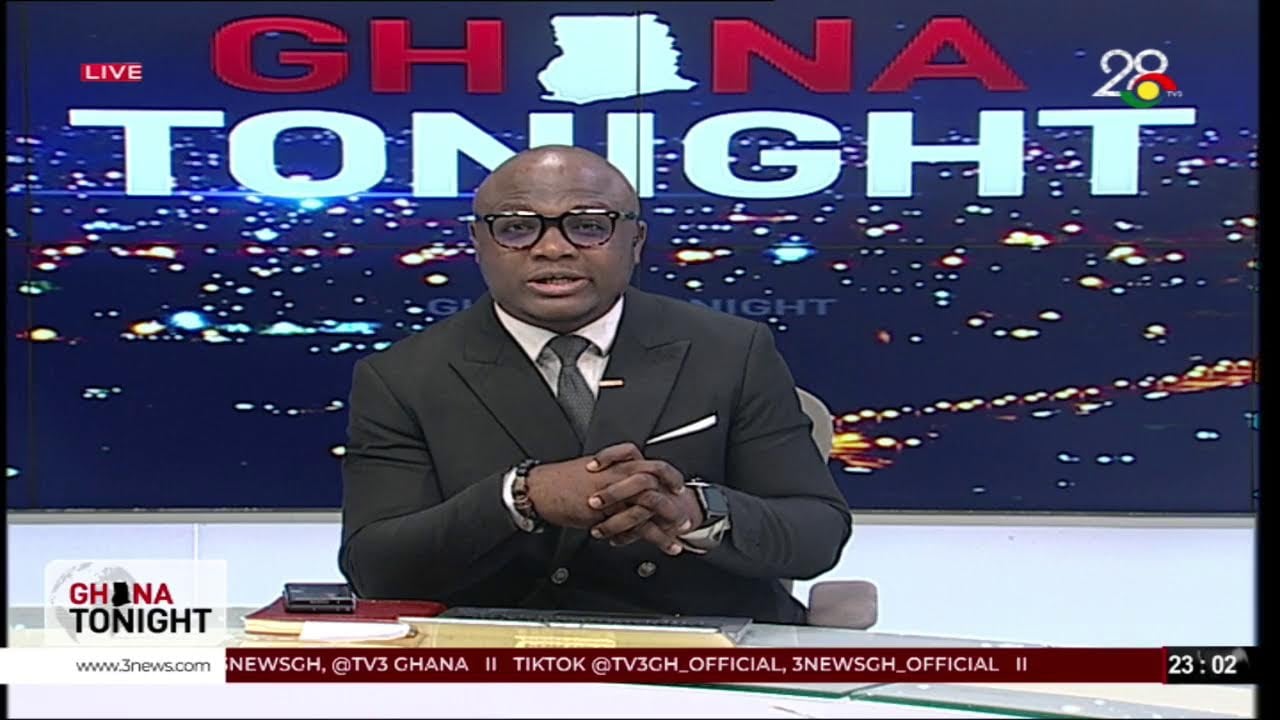

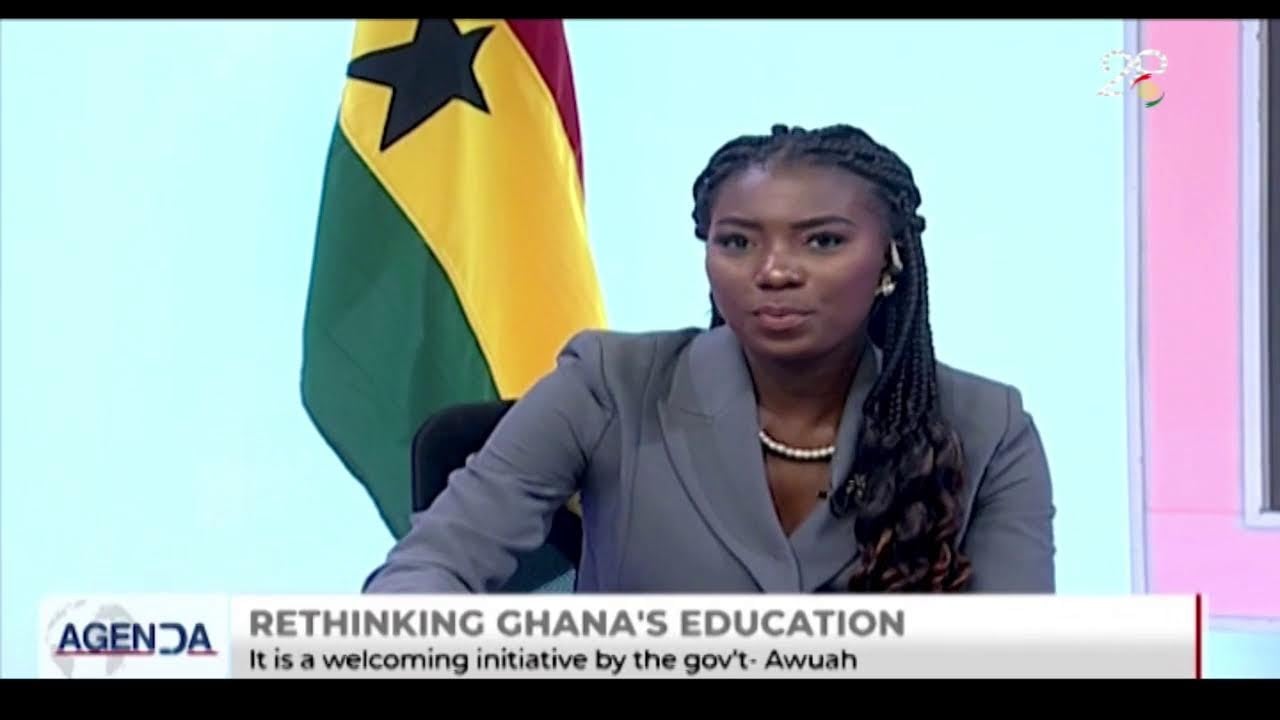




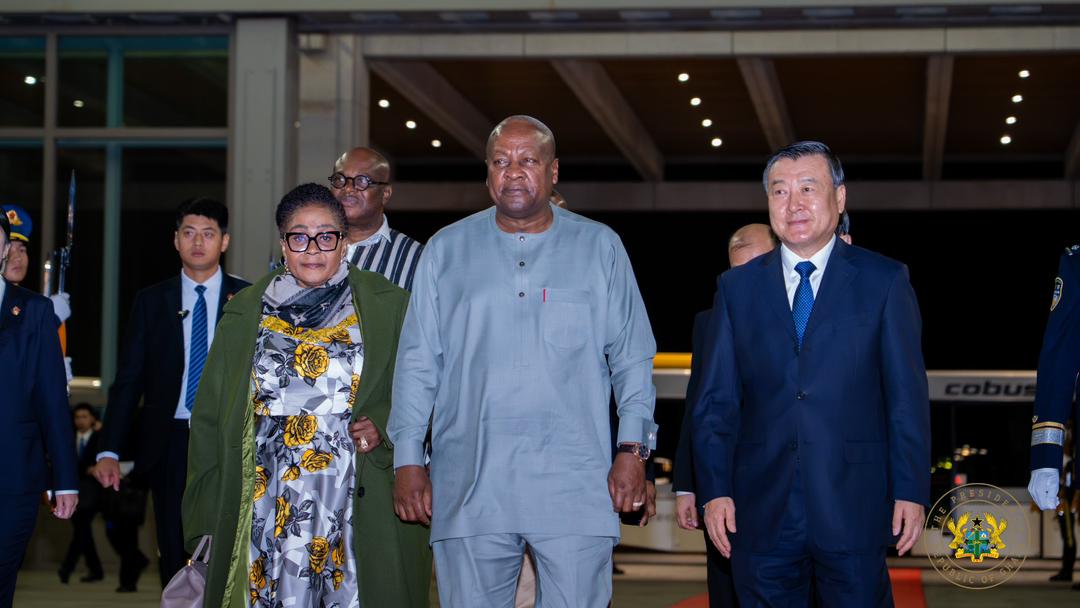
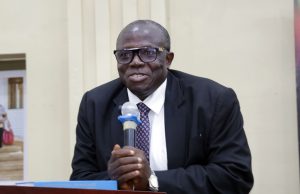



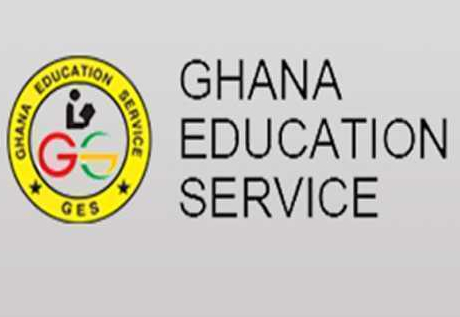
Facebook
Twitter
Pinterest
Instagram
Google+
YouTube
LinkedIn
RSS